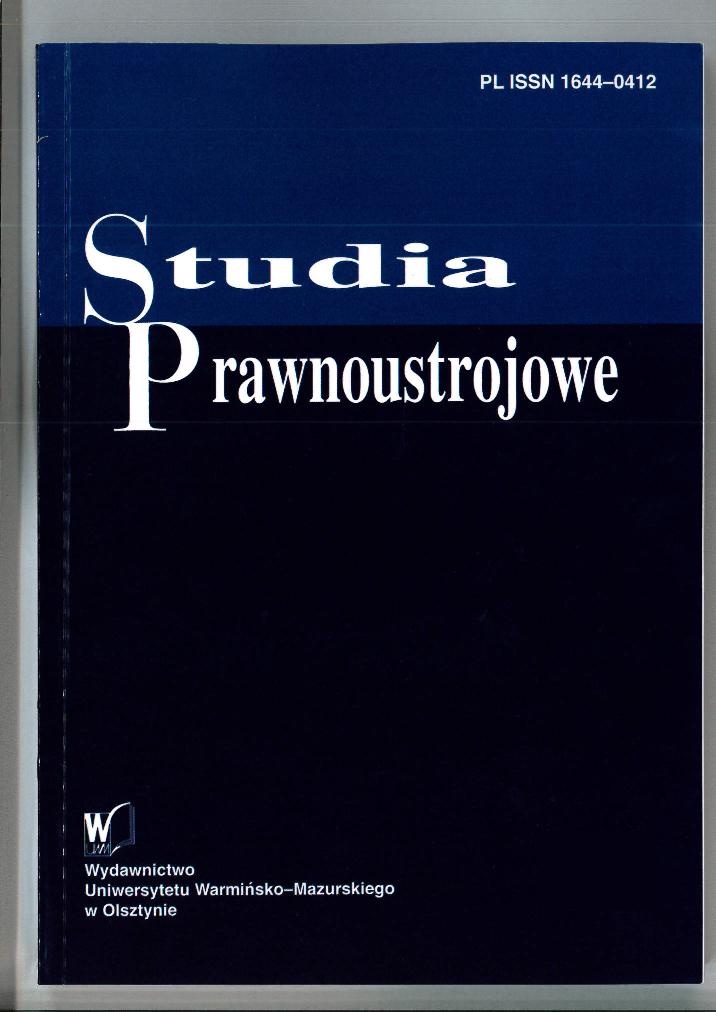Karnoprawna ochrona interesu wierzyciela w obrocie gospodarczym na przykładzie mechanizmu odroczonej płatności
Role of law enforcement in the recovering the entrepreneur’s debt
Author(s): Anna Kanarek-RównickaSubject(s): Criminal Law, Law on Economics, Socio-Economic Research, Sociology of Law
Published by: Wydawnictwo Uniwersytetu Warmińsko-Mazurskiego w Olsztynie
Keywords: criminal law; criminal law protection of receivables; compensatory function of criminal law; subsidiarity of criminal law; economic turnover;
Summary/Abstract: The article addresses the issue of interference of criminal law in the process of recovering receivables from an entrepreneur in the event of the sale of goods or services with deferred payment. The article aims to analyse the debtor’s failure to fulfil the obligation and his behaviour in terms of criminal law, and then to assess the practical application of criminal law standards in business transactions. The article aims to demonstrate that criminal law does not covers the protection of the creditor’s interests. However, the criminal law assessment of failure to timely fulfil an obligation focuses on the debtor, and more specifically on the social harmfulness of his behaviour and the impact of this behaviour on the creditor’s situation. Not every case of non-payment constitutes a prohibited act. There are cases where there are no grounds to attribute criminal liability to the debtor for failure to fulfil an obligation. Regardless of the possibility of applying criminal law regulations, the creditor is obliged to verify the financial situation of the contractor to whom he applied the deferred payment method. The activities of law enforcement authorities are aimed at protecting the broadly understood interest of the creditor, including his assets. This forces the creditor to use available civil law mechanisms to protect his receivables. Criminal law has instruments aimed at ensuring the protection of the creditor’s interest if the debtor’s behaviour constitutes a prohibited act.
Journal: Studia Prawnoustrojowe
- Issue Year: 2024
- Issue No: 64
- Page Range: 113-127
- Page Count: 15
- Language: Polish

